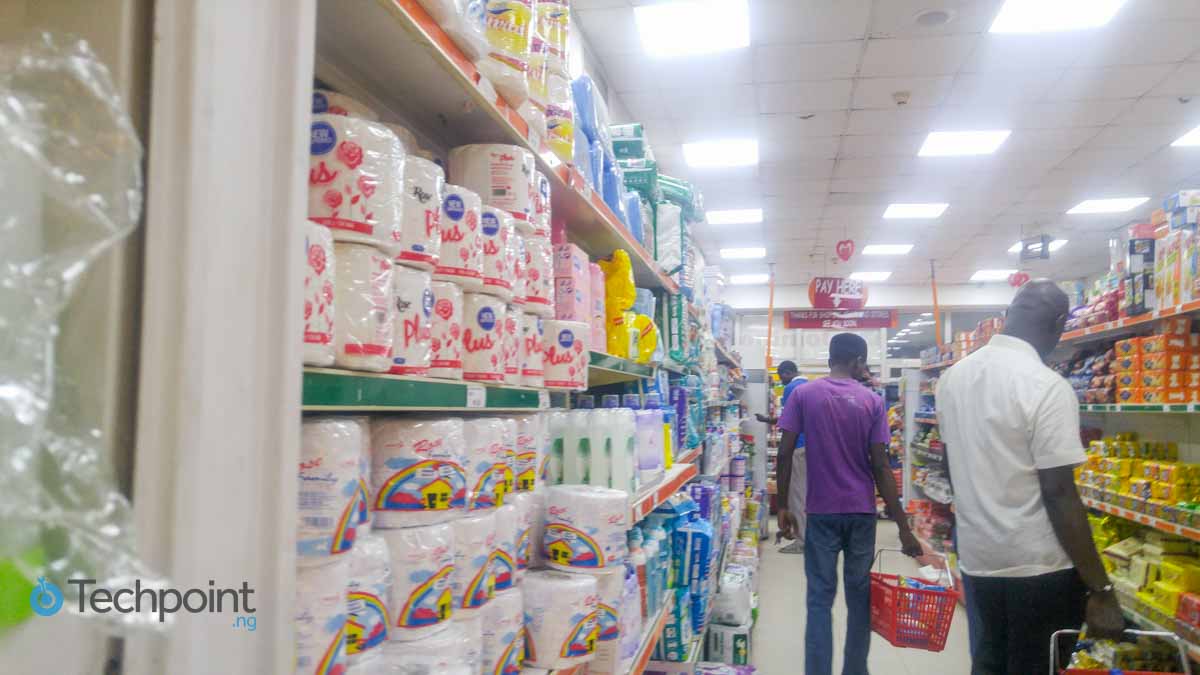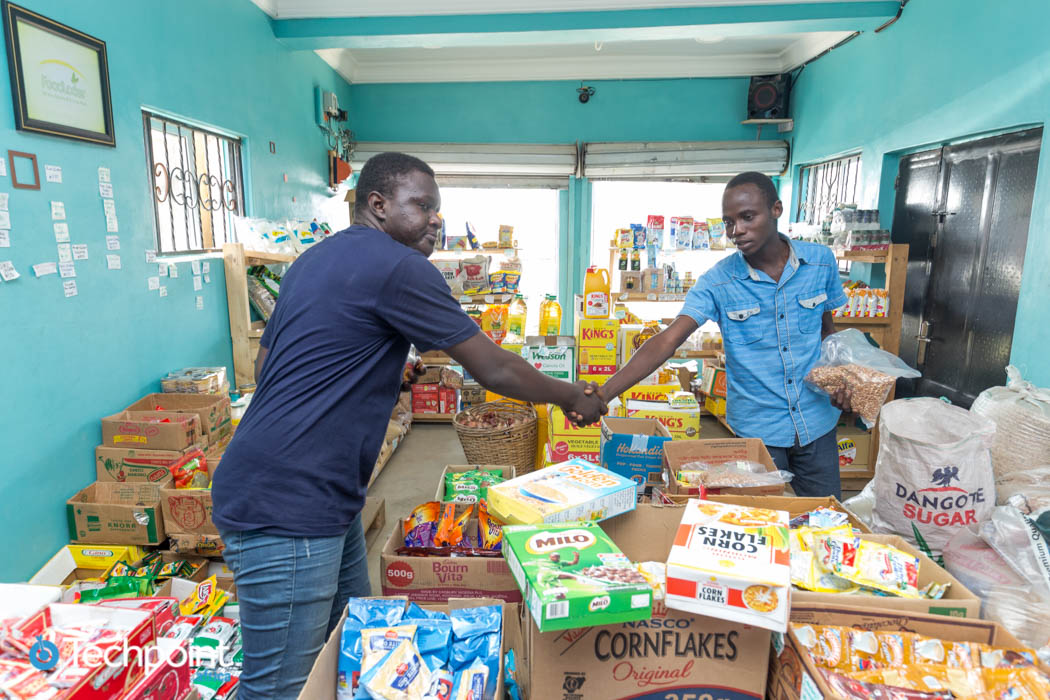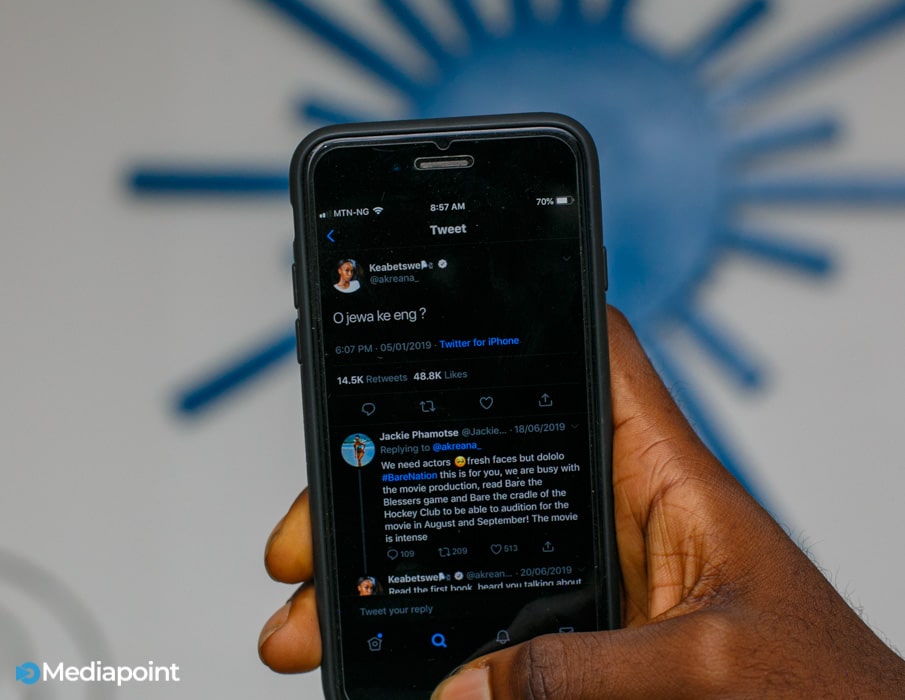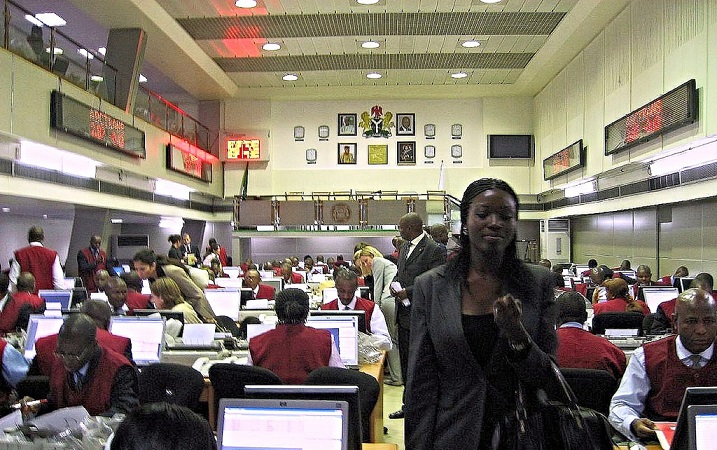The Nigerian e-commerce space has been fraught with some bottlenecks in recent years, giving rise to a number of questions about its viability, but judging by the latest trends, a shift to groceries could inject some much-needed life into the sector.
In Jumia’s recently released Q3 report, we noted that aside from the usual losses and the increasing prominence of JumiaPay, Fast-Moving Consumer Goods (FMCG) witnessed a 99% growth over a 9-month period.
In the report, Jumia indicates that though the FMCG category typically includes lower average value items, it provides an affordable entry point for consumers coming to the platform, helps drive user engagement, and increases consumer lifetime value.
However, on a broader spectrum, Saudat Salami, founder and CEO of Easyshop Easycook Services Limited, points out that unlike electronics, clothes, phones, and computers, groceries are essential commodities that people need to consume daily.
Efosa, a retired grocery shop owner in Lagos, echoes Saudat’s claim without pulling punches.
"Money or no money, people must eat. Even if they don't have money to buy anything else, they will go and borrow to make sure they eat," says Efosa.
In addition, Saudat also insisted that the increased purchase of groceries might mean that customers are gradually warming up to buying groceries online, with the aid of fintech and mobility services.
"As a result of this, customers will naturally gravitate towards items that meet their daily needs which is in this case, groceries," says Saudat.
Femi Aiki, co-founder and CEO of Foodlocker, an Ibadan-based e-commerce platform, concurs with Saudat, believing a focus on FMCGs could be a psychological cum consumer behaviour focused strategy.

Be the smartest in the room
Give it a try, you can unsubscribe anytime. Privacy Policy.
“Clearly, I will only change my phone, TV, or refrigerator only once in five years, but I will buy FMCGs weekly or monthly, potentially leading to better engagement, less thinking about the purchase decision, and lower adoption barriers,” Femi avers.
“The more people visit the site or use their apps, the higher the probability of impulse buying, which very much mimics conventional brick and mortar retail experiences,” he adds.
The struggle of e-commerce startups
While some e-commerce platforms like Saudat's Easyshop Easycook have been hitting heights in the grocery business in Lagos since 2004, and Foodlocker has been similarly thriving, the story has not been the same for others in the space.
Jumia, Africa’s largest e-commerce platform, has been battling with year-on-year losses and a really bumpy ride on the New York Stock Exchange (NYSE) has seen it lose billions of dollars in market capitalisation within its first six months on the bourse.
Suggested Read: How Jumia lost its unicorn status, shedding $2.6bn market cap in 6 months
Earlier this year, Techpoint reported that Gloo.ng, an online grocery delivery service, had shut down its e-commerce operations in Nigeria, pivoting to e-procurement services as Gloopro.ng.
Following its shutdown after seven years of operations, Gloo.ng founder, Olumide Olusanya averred that there is no strong need for e-commerce in Sub-saharan Africa, claiming that it may not be profitable in the next 10 years.
Despite increasing rates of Internet penetration in Nigeria, Olumide believes that the total addressable market is really small and the presence of large service delivery frictions makes e-commerce unprofitable in this part of the world.
Apart from Gloo, another e-commerce platform, DealDey also shut down in 2018. And the loss Naspers recorded from the sale of Konga all seem to lend credence to his claim.
Most of these platforms deal in expensive items like TVs, refrigerators, and computers, which, as Olumide points out, most Nigerians do not have the purchasing power for.
A look at Jumia’s records also indicates that most of these items have higher fulfilment costs than regular groceries.
Could hope be found in online grocery markets?

Olumide's claim points to the fact that there is a low purchasing power of people in Sub-saharan Africa. It will not be far-fetched to state that buying groceries online represents an easier entry point into the online market.
Saudat, however, insists that lots of entrepreneurs mistake online grocery business for just any other type of tech company, a disposition which she believes is a recipe for failure.
Suggested Read: Beyond tech and innovation: Scaling Nigeria’s online grocery market, a chat with Saudat Salami
For Saudat, having a responsive, eye-catching online platform and payment gateway is the easiest part of an online grocery business, but for it to really thrive, more difficult work is needed to ensure consistent delivery of fresh, high quality produce at competitive prices.
"It requires a lot of hands-on activity and partnership with other sectors, which many platform owners are not ready for," Saudat insists.
According to Saudat, the infrastructure to support e-commerce is tied to the heavily disorganised agriculture and transportation sectors, and as soon as people see these challenges, they fold.
Femi believes e-commerce platforms hardly provide quality and hassle-free after-sales services, warranties, and insurance, which is a great determinant of trust.
He is also of the opinion that whether you use food items or toilet paper, driving topline growth to overcome costs and overhead is the way to go. For him, lingering issues will not just go away even if the focus shifts more to FMCGs.
While Easyshop Easycook, Supermart.ng, and Foodlocker operate within the confines of a single state (hyperlocal), they are able to handle same-day deliveries, which is really important for the sale of groceries.
Suggested Read: Why hyperlocal delivery might be the best model for eCommerce in Nigeria now
Olukayode Kolawole, head PR and communications at Jumia Nigeria, confirmed to Techpoint that its grocery business cuts across the federation but from our discussion with a Jumia Force agent, delivery times are subject to the location of the buyer, seller, or the availability of a product in a warehouse.
Will customers be willing to wait 2-5 working days for a bottle of vegetable oil if the locations of the seller and buyer, as well as warehouse stock, do not align favourably?
Today, lots of online grocery shops have emerged but could a creative and hands-on approach to FMCGs be the missing piece in the Nigerian e-commerce puzzle?





















